Celebrating Pollinators
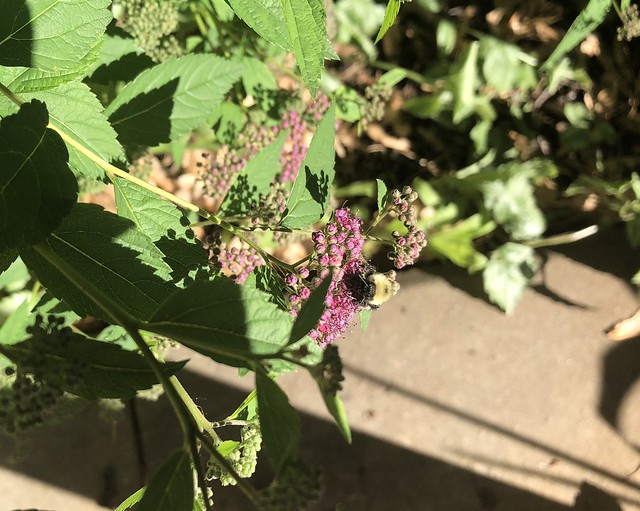
Monday marked the start of Pollinator Week in the US. I'm not sure if it's only observed in the United State -it was actually sanctioned by the US Senate in 2007- or if it is commemorated throughout the Northern Hemisphere, but I think pollinators should actually be celebrated every week. So, wherever you are, whoever you are, please spare a thought or two (or more!) for the bees, the butterflies, the birds, and yes, the flies that help us humans to produce nearly 70% of our food crops.
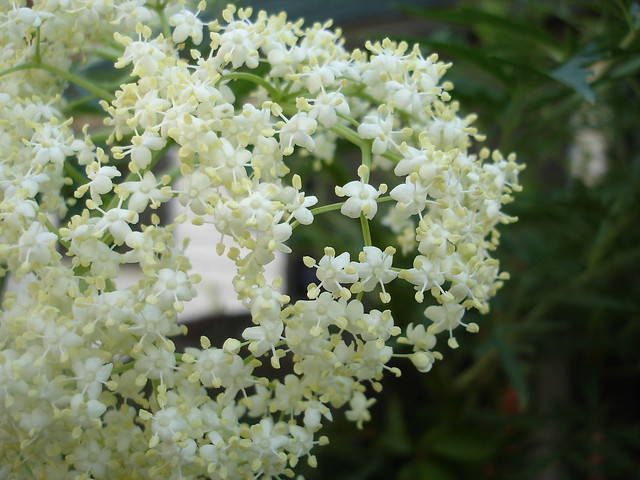
In Canada alone, there are upwards of a thousand pollinating animal species, of which 855 are native bees, but sadly, no pollinating bats call Canada home... However, there has been a sharp decline in pollinator populations in the past decade: the three main causes for this downturn are habitat loss, climate change, and pesticide use. But all is not doom and gloom: as citizens and consumers, there are lots of little actions we can all take to make a difference.
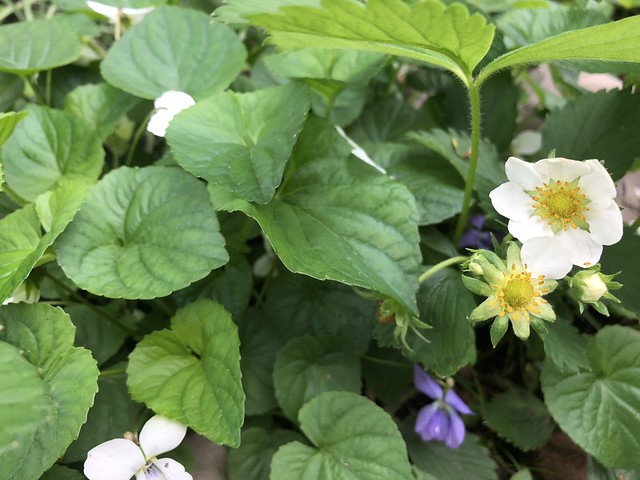
Contact your representatives: people power works. Time and again, small actions by a large number of people have enabled major changes in policy. It is through the action of local groups that the City of Montreal, followed by the Province of Quebec, enacted a ban on the cosmetic use of pesticides; in February, the Quebec Environment Minister announced even stricter regulation on the use of agricultural pesticides. It is hoped that through the continued pressure from the likes of Équiterre, the David Suzuki Foundation, Friends of the Earth and The Leap, Quebec -and the rest of Canada- will outright ban the use of pesticides such as neonicotinoids.
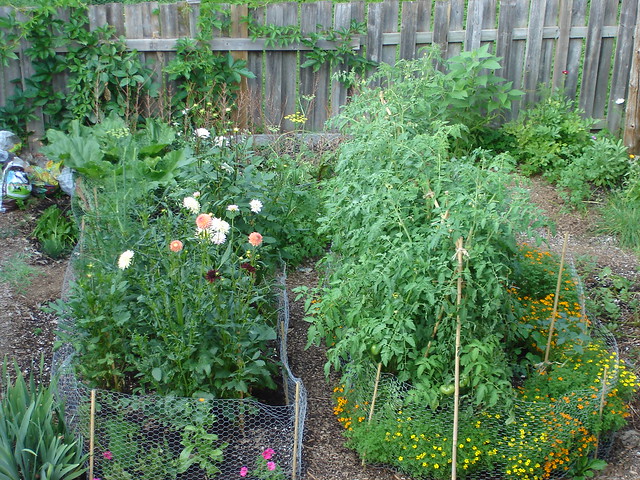
Taking action to let your representative know that you care about the survival of our pollinators requires very little effort or initiative on your part: this being Pollinator Week, most environmental groups will have links up on their websites to contact your local representative. And if you are not in North America (Hello Rest of the World 👋), you don't need to feel excluded, Friends of the Earth, Greenpeace and many more are actively advocating around the world for legislation banning the use of pesticides that are detrimental to our pollinator friends. If you would rather contact your representative directly, details on how to do so should be available on your government's website.
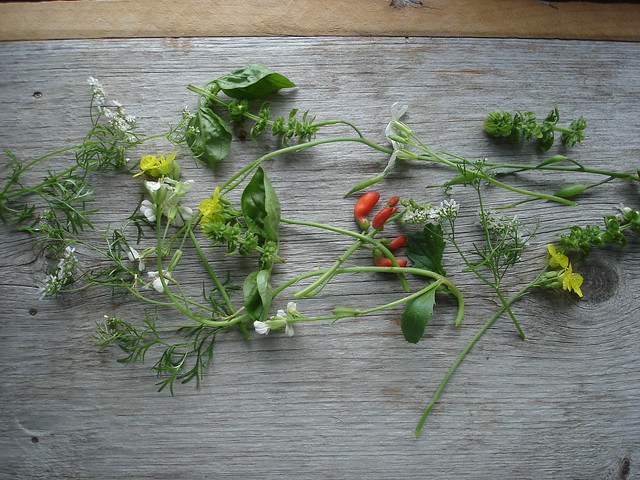
Buy local produce, eat seasonal, and consume organic whenever possible. I admit, this step could be a big ask. Depending on where you live, seasonal and local produce may not even be accessible, and organic is not always affordable. I get it. As someone who lives and breathes food, I understand that not everyone can devote a huge chunk of time and money to food, but when you buy local, you have more power to engender changes in food policies that directly affect you. There are ways around budgetary concerns: if you always go to the same supermarket or corner shop to buy your fruits and vegetables, ask to speak to the manager: tell them you would like to see more local produce on the shelves.
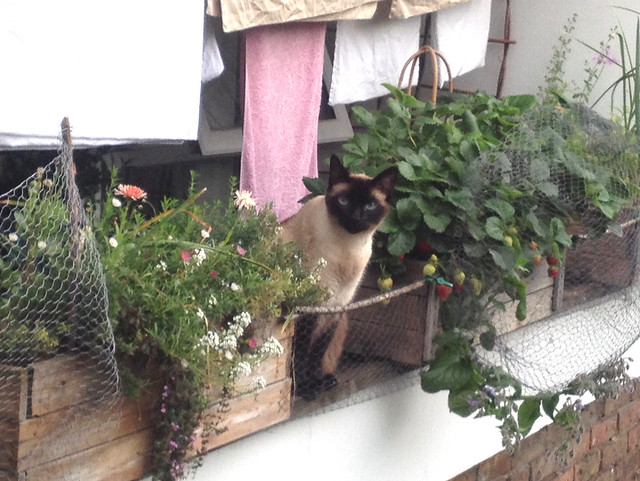
Go to the market near closing time: you do run the risk of not finding what you need, but vendors often slash prices at the end of the day just to avoid having to pack everything up. Sign up for for a CSA: they are increasing in number in ever more countries, and they give you access to local, seasonal and often, organic produce at very reasonable prices. If the cost of a CSA membership is prohibitive, consider splitting the cost and baskets with a friend, family member or a neighbour. I have, in previous years, compiled a list of CSAs in several countries, and I will try to update it again very soon.
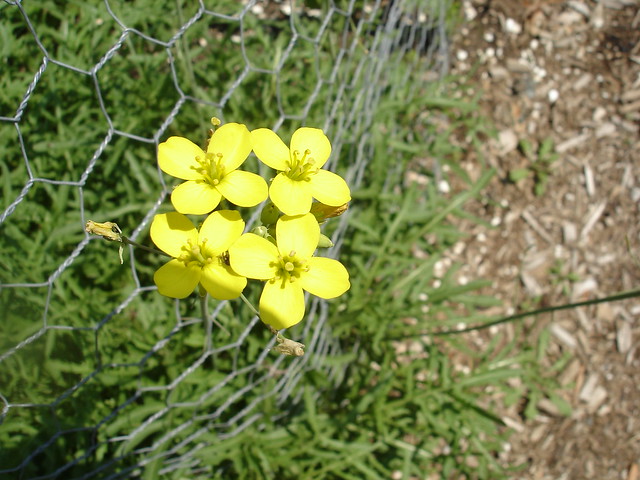
Buying organic food is a hot topic, and twenty-five years after I took the conscientious decision to garden only organically, it has become even more contentious. I do not advocate buying organic just for the sake of it -whether or not one has the means to: I truly believe that an organic fruit or vegetable grown on an industrial scale and that travelled halfway around the world is just as problematic, if not more, as the same crop grown locally in the conventional manner. I am, however, not a hundred mile purist either: I am, after all, a foodie, and like many vegetarians, I love avocados and tropical fruits. I am pragmatic about it: I buy local and seasonal whenever possible; organic if available, especially when the dirty dozen is concerned; Fairtrade when it's an option; and everything I grow I do so organically. But I don't beat myself up if I slip up, and I try to keep my preaching to a minimum.
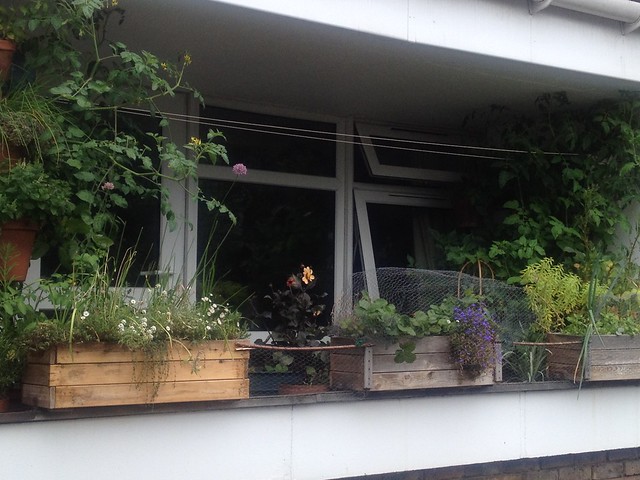
By far my favourite action to celebrate pollinators is to build a garden. I can hear the eyes rolling! I know not everyone has a green thumb, and a lot of people don't even have outdoor space, but as the picture above attests: you do not need a lot of space to grow a few plants! My garden in London was barely 2.5m² (27 square feet), and it was stuffed to the gills with an array of plants that flowered from April to October. Not everyone needs to build a monument to the garden gods, but if everyone with a balcony, rooftop or windowsill kept a pot or three of something bright, cheerful and pesticide-free, pollinators everywhere would have access to some food. It is this patchwork of greenery that make up for our suburban sprawl.
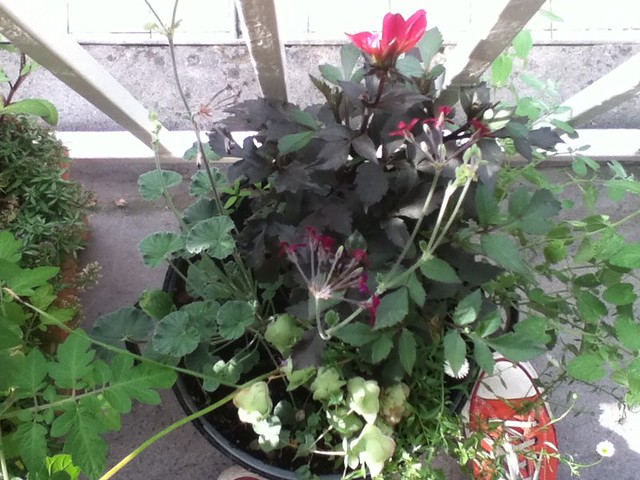
Studies have shown time and again that urban and suburban areas are home to more species of pollinating animals, mainly due to the diversity of flowers grown in our gardens. So go ahead, grow some flowers or herbs, they'll cheer up any space, whether it's your patio or the steps to your doorway. The planter pictured above was 30cm/12" in diameter, and contained five flowering plants. Most of them thrived over the six years I tended them: they were grossly overcrowded, but the flowers were always abuzz with bumblebees and hoverflies.
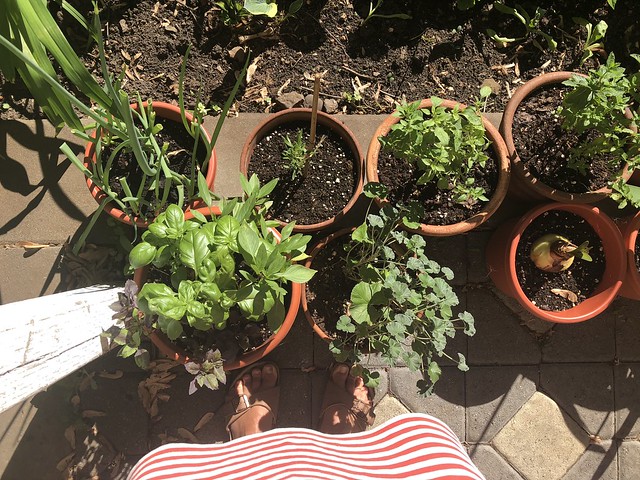
And yes, you may have to contend with a few pesky unwanted guests. One of the plants in the aforementioned pot kept disappearing, and it took me a while to realise that catmint is just as attractive to cats as catnip! Squirrels are rather troublesome as well. In fact, I do believe that squirrels may be up in the top ten most despised garden pests. They are quite vexing, especially to vegetable gardeners, but they, like pollinators, are simply looking for food.
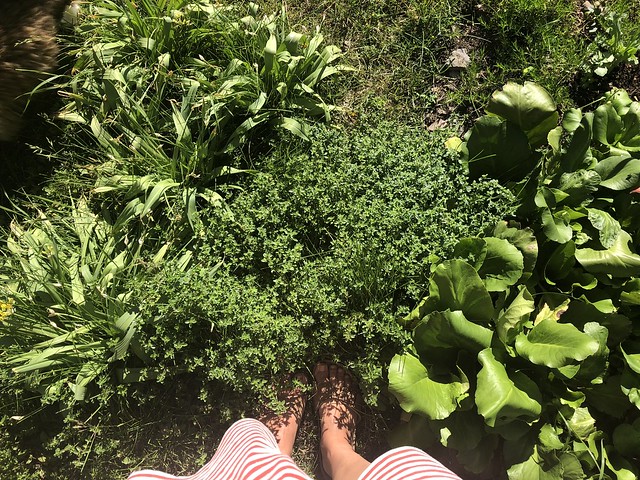
If flower pots or beds aren't your thing, but you have a lawn, how about adding some diversity to that green desert? Contrary to popular belief, grass is not the only plant that can take the traffic, but it is certainly the most boring. Creeping thyme, ajuga reptans, English daisy, clover, and alfalfa can all take quite a bit of trodding and still give a good show for the bees. If your lawn is struggling in a shady spot, sweet woodruff can stand up to light traffic, though it will recover even from some heavy trampling, and it smells divine as well! There is no need to tear out the lawn -unless you want to: just dig out a few spots and plant your selection. Keep well watered until the plants are established, and then they pretty much take care of themselves! You will still need to mow the lawn, so either keep the blades on the high side, or mow around the plants until they are done flowering.
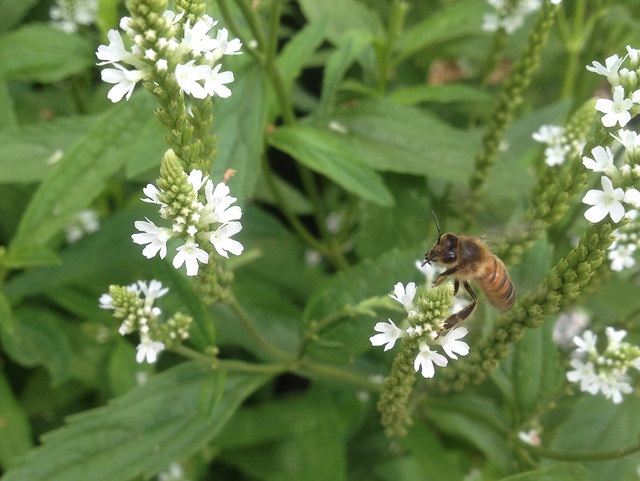
Hope you have a lovely Pollinator Week!



Comments
Post a Comment